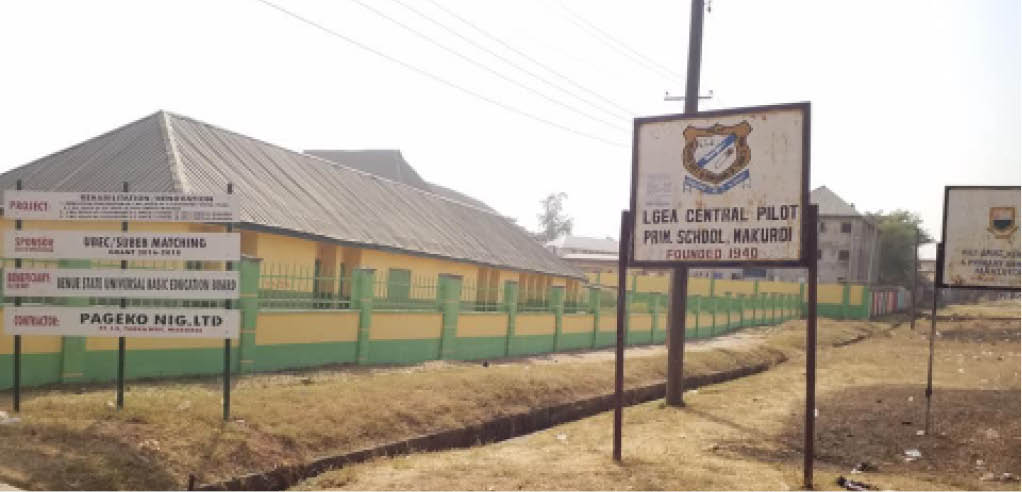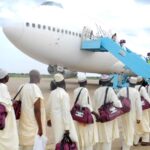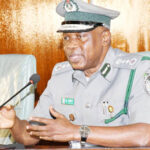Authorities in Benue State have said that effective teacher training initiatives play a huge role in building capacity of school leaders and teachers as well as providing the minimum academic qualifications required for teaching in primary and secondary schools.
The state, according to the 2018 National Personnel Audit (NPA) of basic schools released in December 2019, was best among the states with the highest number of qualified teachers.
Educationists also said, effective quality control and monitoring by regulatory bodies in the state have helped in molding the teacher.
The Executive Secretary, Teaching Service Board (TSB), Prof. Wilfred Uji, has meanwhile, expressed satisfaction with the teacher quality in secondary schools across the 23 local government areas of the state.
Uji said, “the human capital of secondary schools is one of the best. Teachers in the state are among the most trained in the country. The state government achieved this feat overtime.”
He said the attainment could be linked to several policies emanating from successive administrations coupled with the massive improvement achieved in the sector by the present administration.
He said of the 300 secondary schools in the state, the board under Governor Samuel Ortom’s has left no stone unturned in ensuring effective quality control which was why in recent times, Benue emerged among states with the best 100 secondary schools in the country.
“We worked hard to achieve that feat by improving in infrastructure in our secondary schools through introduction of afternoon and night preps, reading and debating clubs among others.
“It is important by modern trend to match human infrastructure with physical infrastructure. The physical structure on ground must be commensurate with the human infrastructure in existence. Two major things about a school are the quality of teachers and quality of learning environment which go hand in hand to produce an efficient system,” Uji said.
Similarly, findings at the Benue State Universal Basic Education Board (SUBEB) showed that inspectorate departments and quality assurance units regularly draw up high standards for each new academic year for new concepts and methodologies to be implemented by schools to improve teaching and learning in the classroom.
Our correspondent reports that these standards include effective monitoring of schools at least three times in a term to take physical statistics of teachers while also introducing press clubs whose members (pupils) will report drunken teachers or other happenings in their schools to the authorities concerned daily for due action to be taken, among other initiatives.
SUBEB’s Head of Information and Protocol, Sar Erdoo, said there are a total of 15,754 teachers in 2,755 primary schools and 437 Universal Basic Education (UBE) centres in the state.
She said the state was able to retain qualified teachers through training and retraining while also allowing them to go through sandwich programmes at the Benue State University (BSU), Federal University of Agriculture in Makurdi (FUAM) and other institutions of higher learning in neighbouring states during vacations.
Erdoo added that sponsoring teachers to participate in national workshops and seminars had remained cardinal in sharpening their skills for excellence.
The state provides teaching aids and other instructional materials through counterpart funds, she said.
Despite these measures, the manager noted that there are not enough teachers to adequately handle the growing number of pupils and physical infrastructure on ground, especially in the rural areas.
“We’re lacking teachers,” Erdoo said.
To this end, our correspondent recalled that Governor Ortom recently promised to employ not less than 5,000 teachers later this year to cover any gap created by retirements and deaths in the sector.
Ortom had intimated that over 2,000 teachers were due for retirement as at October 2019 in the primary and basic schools and condemned the discovery of dead and phoney teachers on the payroll.
The governor had said that the opportunity would make room for unemployed graduates to teach in primary schools across the state, stressing that the high rate of unemployment, especially amongst the youths, would be reduced.
Prof Uji had earlier disclosed that the number of qualified secondary school teachers dropped from 6,000 in 2016 to about 4,000 as a result of retirements, deaths and migration.
“There is a scarcity of teachers at the moment and we’re expecting 400 teachers to retire this year as well,” he stated.
Uji also suggested increased incentives and motivations to inspire teachers to be more effective at work.
A retired primary school teacher, Iyorhen Achussah, at one of the basic schools in the state, said teaching in his days involved arranging the environment and directing the activity of the learner, stressing that a teacher must know the subject matter and the delivery method of the lesson.
He is however not comfortable with employee welfare because of inadequate benefits for retirees.
He added that teachers even in his time possessed the required qualifications but most of them remained largely unproductive due to poor welfare packages.
In a separate development, Prof Uji has expressed worry over insecurity occasioned by the herders-farmers crisis in the state which had slowed down schools in affected areas and in some cases led to the closure of many schools.
He, therefore, appealed to the federal government to do its bid to return displaced persons to their respective communities and rebuild their schools, stressing the need for dialogue.
He also called on the federal and state governments for more investment in education so that secondary schools can be rescued from collapse because they remain the bridge between basic education and the university.
“We need to rework the structure of the board in the state to reflect the current reality of education systems as we find it in Nigeria today. We need a framework for secondary schools in the state as a replica of the proposed National Secondary Schools Commission in Abuja.
“We need a lot of funding from the federal and international agencies and donors and that is what I am working on. Again, staff training and retraining remain our focus.
“We want to make sure that our staff, especially the teaching force are updated, equipped with the necessary skills that would help secondary schools compete favourably with their counterparts across the nation as well as in the global community.
“We are improving the effectiveness of our teachers so that the kind of education they would provide in our schools’ system will be relevant,” Uji also said.

 Join Daily Trust WhatsApp Community For Quick Access To News and Happenings Around You.
Join Daily Trust WhatsApp Community For Quick Access To News and Happenings Around You.


